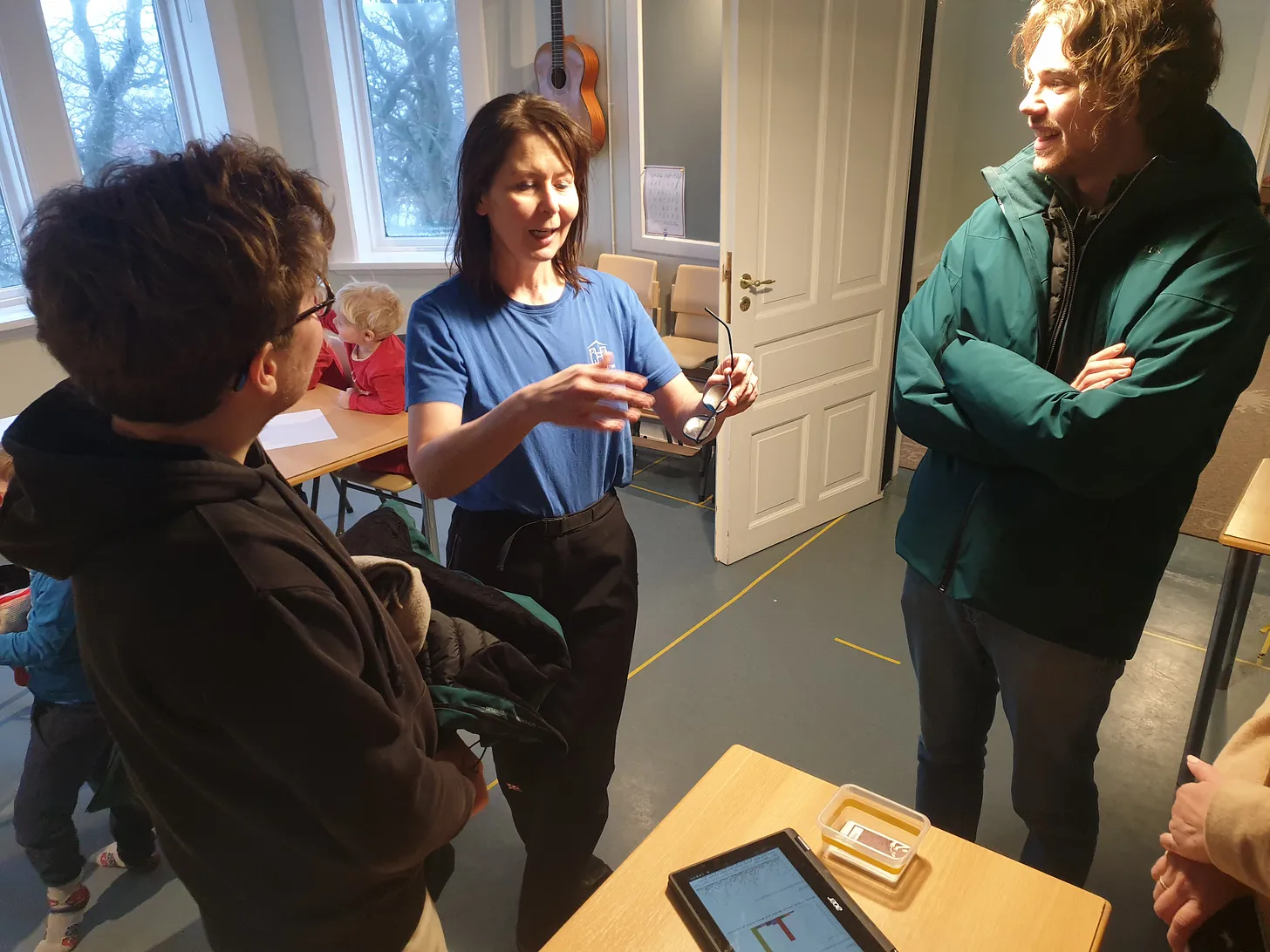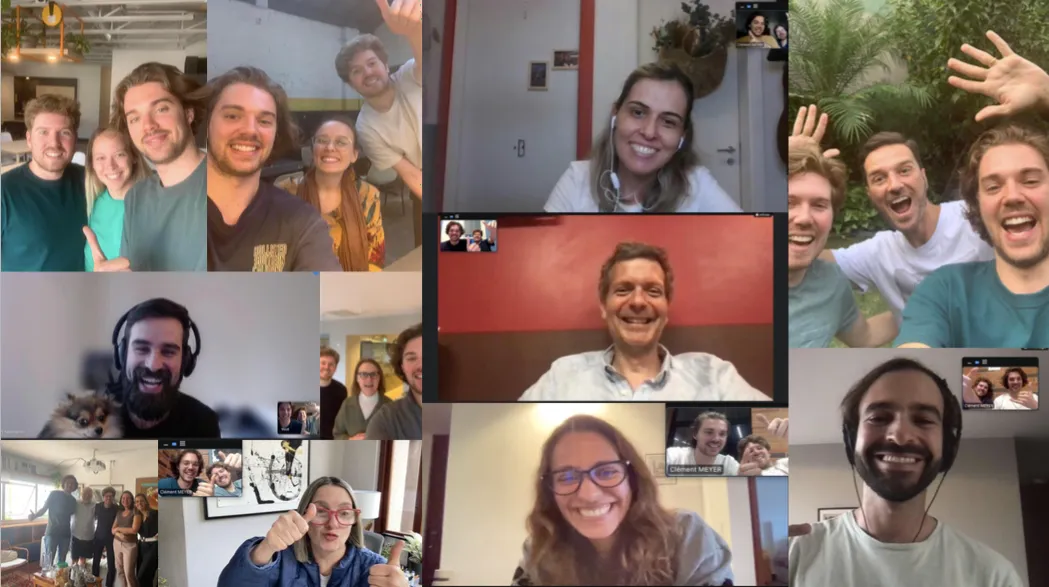To kick-off our 2022-2023 events cycle, Fabric had the joy to host an online conference with guests Romain Meyer and Clément Meyer. Fabric’s partner Chloe Grabli introduced those two brothers in their early twenties that went on a world tour to explore new management practices.

They visited 8 countries, met 100 companies and organizations, and interviewed 200 persons. Today, they are back from their trip to share their observations from 4 different countries and try to answer the question “How can we work together when we have very different cultural backgrounds?”.
Norway or the “Buddy Manager”
When traveling through Norway, the two brothers observed a strong culture of care and confidence. One example was this CEO explaining he decided to give one month of paid-leave to one of his employees going through a complicated divorce, so they could preserve their mental health without having to quit the job, lose salary or spend all their vacation days. This demonstrates the high level of trust and care between employees and managers – that often share personal information with their teams – Clément and Romain witnessed during their stay in Norway.
They reminded us that the management culture of Norway is rooted in humility and horizontality (illustrated by the comparatively small wage gap between top executives and employees), as detailed in the unofficial moral code “Law of Jante” written by the Danish-Norwegian author Aksel Sandemose in the 1930s.
Brazil or the “Empowering Manager”
In Brazil, Clément and Romain met about twenty companies and witnessed a culture geared toward autonomy and empowerment. The managers rely on very clear and detailed rules and processes – some had entire wiki with pages about how to conduct types of meetings or how to resolve conflicts – to allow employees to be independent in their daily tasks. Half of the companies they met were full remote, most of them having gouvernance inspired by holacracy.
Canada or the “Servant Manager”
Clément and Romain traveled to Montréal where they noticed a culture involving a strong respect between employees and managers, with a focus on empathy and recognition. For example, in most of the companies, meetings start and end with a check in and check out, to allow people to express their emotions and to truly listen to each other. What they dub “Good Vibes Practices” also involve sending weekly recognition cards to your colleagues through a dedicated software – managers have access to these feedbacks and can thus appreciate their work, while it could go unnoticed otherwise.
South Korea or the “Military Manager”
The biggest culture shock for the two brothers was with South Korea. They saw a true respect for hierarchy, with the systemic use of titles, that leads to very good operational performance and impressive productivity, while it may lead to restrained creativity and a refusal to recognize mistakes. For example, it is common for managers to monitor every employees’ computer screens, or to issue mandatory invites to afterwork drinks and dinners. We might think younger generations would want to depart from those practices, but they expressed a deep attachment to those rules.
After this insightful overview of different management practices, participants had the opportunity to share with each other about their own experiences and their interrogations.
What about new technologies?
We discussed how social media and new technologies like the Metaverse could impact the way younger generations act at work. Elaborating on the South Korea example, Clément and Romain explained the young people they met expressed a real need for order and strict framework in order to operate with speed, or to not feel “lost” in the societal structure. However, it was hypothesized that new technology like the Metaverse could be used as a tool of escapism and a coping mechanism with the pressure from the office.
Finding one’s management style
When asked on which criteria the brothers would choose their managerial style, they both stated they would pick various practices from the different countries, rather than adopting an already defined style of management, while underlying they would strive to make their teams happy.
Managing a multicultural team
Tackling the difficult question of managing a team with people from different cultural backgrounds, Romand and Clément advised to seek first and foremost to understand each distinct employee’s point of view, and to talk a lot with local people from those cultures when possible. The tricky part is to be able to deploy practices that fit everyone, and take time to educate employees to show how each practice can add value. It’s also ok to make exceptions for some employees that, for example, may need more defined rules to thrive at work.
What's next?
Romain and Clément closed the conference by revealing they intend on going on a learning expedition in their home country France. They plan to examine French management culture and test their hypothesis that French managers are “hero managers”, expected to find solutions to every problem. You can follow Romain and Clément next adventure on their website: odysseemanageriale.com
You can (re)watch Romain and Clément’s presentation on our Youtube channel:
